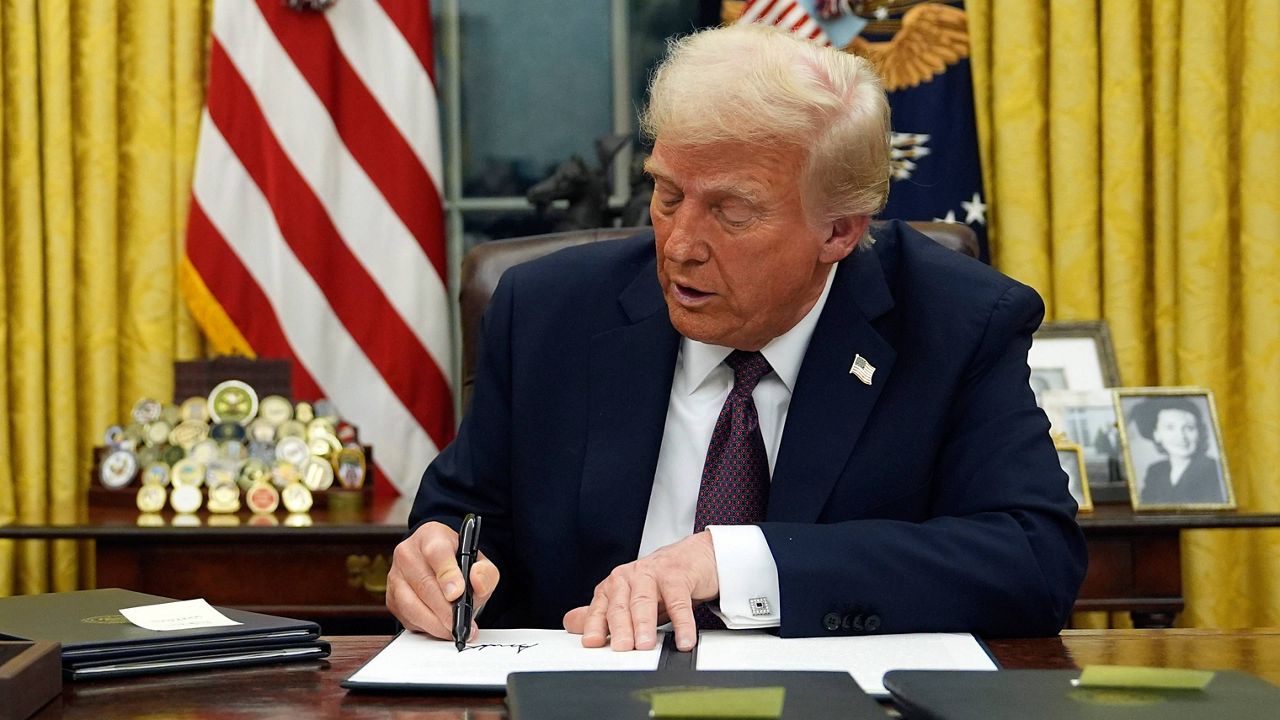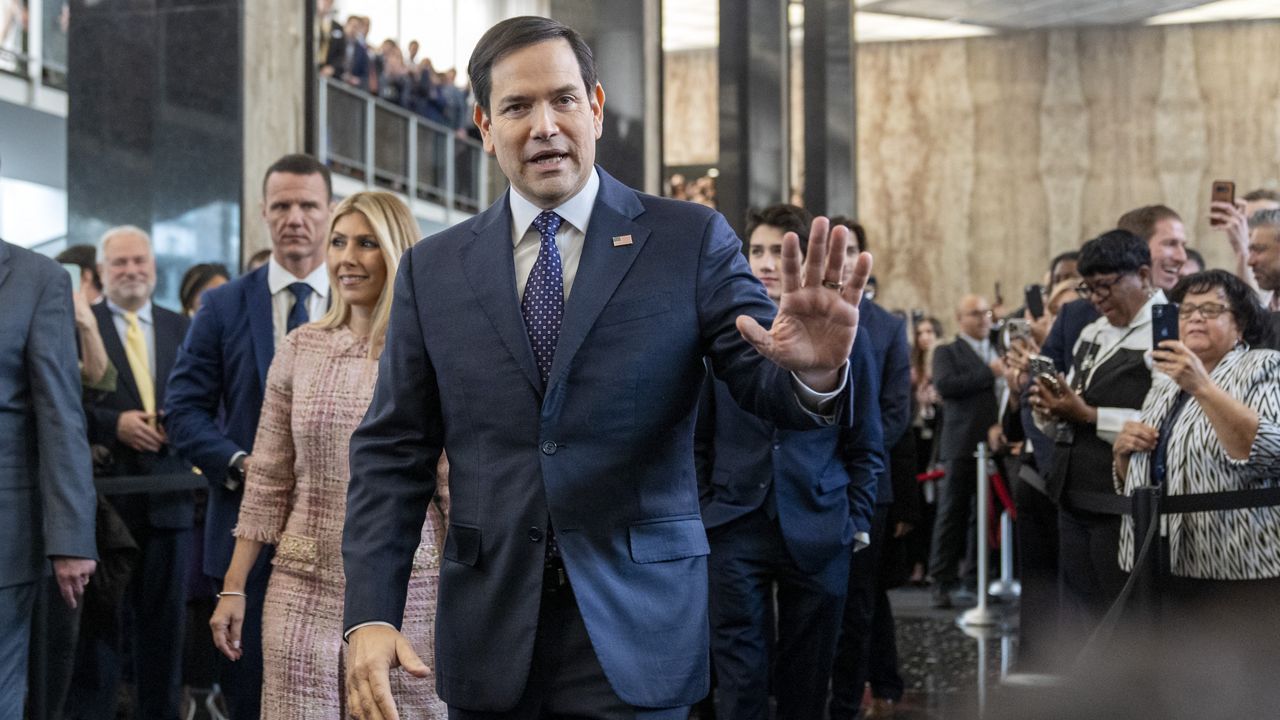LOS ANGELES — As Adam Conover sits in his home office, he clicks the mouse, and another retweet is completed.
These days, Conover, who is a writer, showrunner and television host, is retweeting like it’s his job because, as he sees it as his livelihood depends on it.
Conover, host of shows like “Adam Ruins Everything” and “The G Word with Adam Conover,” has been a member of the Writers Guild of the America since 2015. He’s also a board member and is currently serving on the 2023 negotiating committee.
The Guild had been in talks with the Alliance of Motion Picture and Television Producers or AMPTP, for about two weeks before asking its members to give them the power to call a strike should those talks break down.

The plot, as always, revolves around money.
“Even though the company’s profits have gone up 50% over the last 10 years,” Conover explained, “median writer/producer pay has gone down by about 23%.”
The AMPTP, which represents the studios, declined to comment on the ongoing negotiations or specific claims of the union. However, based on earnings reports, except for Netflix, most of the other streaming services are losing money.
The negotiations are complicated, as is the shifting industry landscape. There are different writers — television, film and comedy — each with their own concerns. Conover falls under comedy and variety.
He points out that writers who work for a late night network show have a negotiated minimum rate and get residuals, but writers doing the same job for a streaming service.
“Those writers have no minimum in their contract,” Conover said. “They can legally be paid, you know, minimum wage, California minimum wage, for doing the exact same work. And those writers, by the way, are more often writers of color, more often younger writers.”
Another concern is that screenwriters make far less in residuals when movies go straight to a streaming platform. And the shift from fully staffed writers’ rooms to what’s been dubbed mini rooms means lower level writers are no longer in a position to go to set during production. That means, Conover says, that these writers are missing out on the opportunity to learn those skills and to rise through the ranks to the role of showrunner.
“The most vulnerable generation of writers, writers who have been previously shut out, people who are just starting their careers, these writers are much less able to build a long term sustainable career,” he explained.
The union isn’t going off script in calling for this vote. It’s a traditional tactic and one that UCLA professor and film historian Jonathan Kuntz said strengthens their position.
“Because now they can say, ‘look behind us, we’ve got thousands of people who are telling us they’re willing to go on strike. We’re not really kidding anymore,’” Kuntz explained.
He said historically, every time there has been a writers’ strike, the union has made significant changes regarding issues like residuals, home video releases and streaming.
The native Angeleno remembers the WGA strike of 2007 that lasted for 100 days and was estimated to have cost the local economy $2 billion to $3 billion. He expects any potential strike by the Guild to pack a similar punch.
“A strike by the Writers Guild has a powerful impact on the economy,” Kuntz said. “It can be devastating temporarily.”
The AMPTP issued a statement saying they are focused on the long-term stability and health of the industry.
“The goal is to keep production active so that all of us can continue working and continue to deliver to consumers the best entertainment product available in the world.”
Conover admits a strike is a “brutal thing” and he knows the companies aren’t the only ones who feel the pain.
“It also hurts writers,” he said. “It also hurts everybody else. It’s actors, directors, crew members.”
He feels confident that members will vote to authorize a strike, although that doesn’t mean a strike is inevitable. After voting, it’s back to the negotiating table to reach an agreement before the contract expires on May 1.
The vote is just the first step. What happens next is a cliffhanger.








